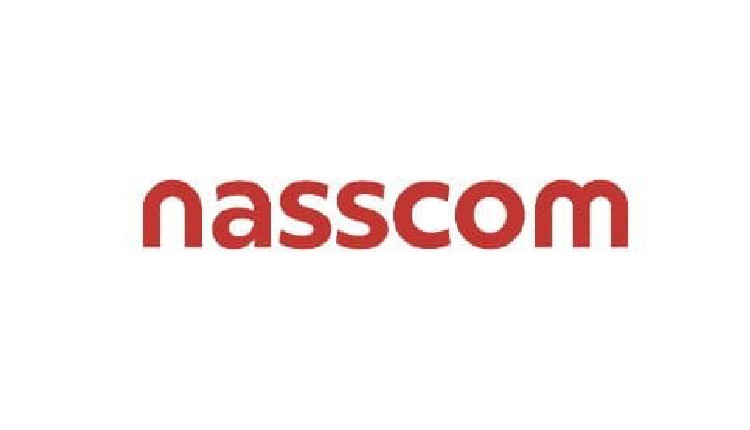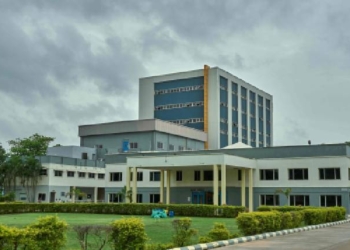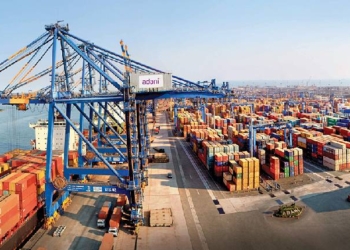New Delhi: Nasscom, representing India’s $250 billion technology industry, on Wednesday said it is seriously concerned about the provisions of a Bill providing for reservation for Kannadigas in private companies in Karnataka.
Nasscom and its members said they were disappointed and expressed deep concern regarding the passage of the Karnataka State Employment of Local Industries Factories Establishment Act Bill, 2024, saying restrictions could force companies to relocate as local skilled talent becomes scarce.
“Nasscom members are seriously concerned about the provisions of this Bill and urge the state government to withdraw it,” said the IT industry’s apex body.
“The Bill’s provisions threaten to drive away companies, and stifle startups, especially when more global firms (GCCs) are looking to invest in the state. At the same time, the restrictions could force companies to relocate as local skilled talent becomes scarce,” Nasscom added.
The apex industry chamber said it is seeking an urgent meeting of industry representatives with state authorities to discuss their concerns and prevent Karnataka’s progress from being derailed.
Globally, there is a huge shortage of skilled talent and Karnataka despite the large pool, is no exception.
“For states to become a key technology hub a dual strategy is key – magnet for best talent worldwide and focussed investment in building a strong talent pool within the state through formal and vocational channels,” Nasscom noted.
Meanwhile, Karnataka Chief Minister Siddaramaiah has deleted a social media post announcing 100 per cent reservation for Kannadigas in all Group C and Group D jobs in private companies in the state.
On Tuesday, CM Siddaramaiah had posted the 100 per cent reservation news on X.
The technology sector contributes almost 25 per cent of Karnataka’s GDP and has played a key role in enabling higher growth and higher per capita income than the national average.
With over a quarter of India’s digital talent, Karnataka houses over 30 per cent of the total GCCs and around 11,000 startups.
















